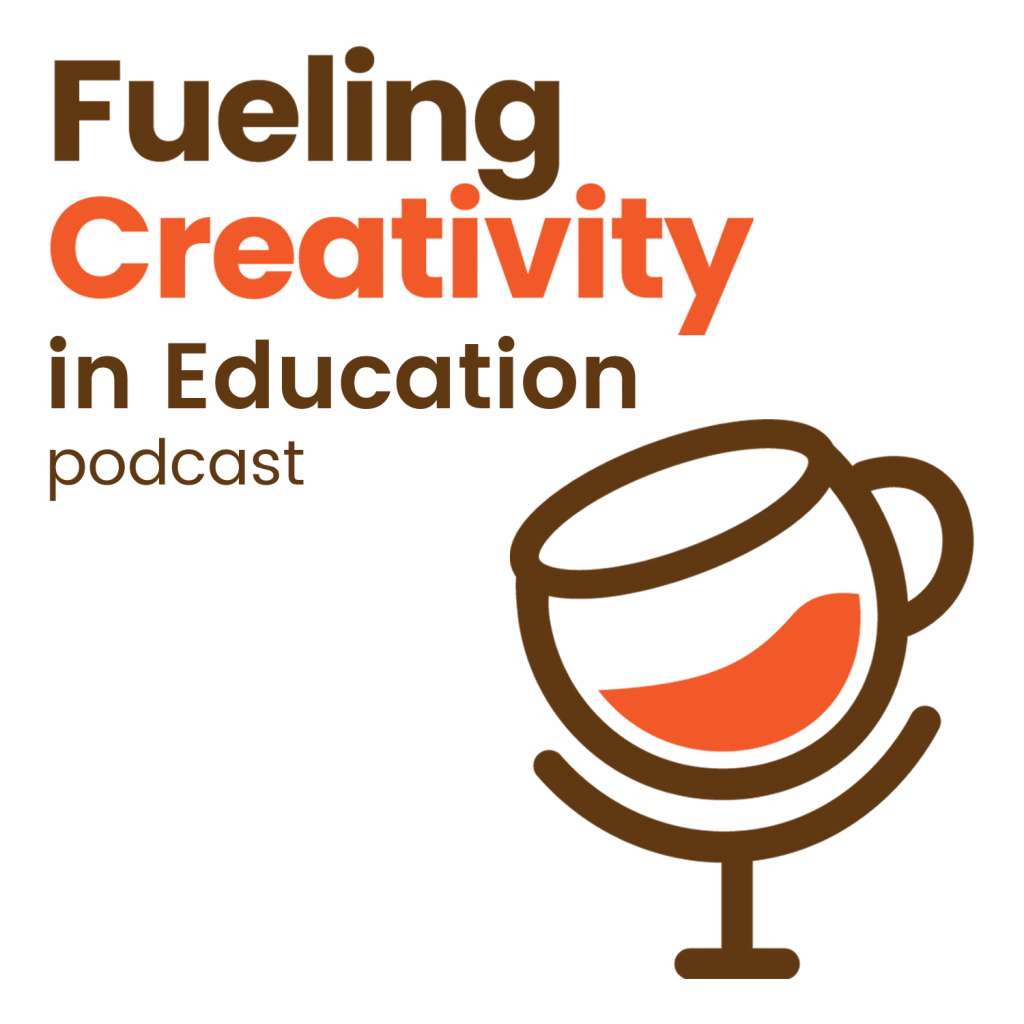Is your child talented, gifted, or excellent at something? I want to think that every child exhibits these tendencies somehow. However, there are some children that are recognized as significantly advanced when compared to their peers. This short article offers three tips for parents of gifted children, but also any child who is excelling in an area of interest.
If your child is expressing an interest in something, embrace it with both hands and run with it.
Gifted Education
When children are at an early age, we compare them to other children or make comparisons to ourselves at their age – which is hilarious as I doubt few of us can accurately recall enough information to make that comparison. However, there are situations where our children are more advanced, and we must identify these areas if we are to nurture their potential effectively.
Also Read: Checking Parental Bias
This situation is where Gifted education becomes relevant; the National Association for Gifted Children considers giftedness as a student’s “ability to perform —or have the capability to perform—at higher levels compared to others of the same age, experience, and environment in one or more domains.” There are different ways to identify a child as gifted – in fact, it’s a debate in education. Furthermore, we should highlight that the environment is influential when nurturing and identifying talent. A parent who is also a reading specialist will be much better than me at determining an advanced reading level for their child. Likewise, they will likely know how to support this child by organizing appropriate reading material and advocating on their behalf in the school system. Finally, a question arises on whether the child is gifted in reading or was simply fortunate enough to receive specialized education at such an early age.
Those formally identified as gifted might have scored in the 90th percentile on a test. Alternatively, a child’s teacher might recommend them for assessment. In theory, those identified in this group receive extra support to further their potential, which is why a parent might value their child obtaining this label at an appropriate age. However, we will not successfully identify every gifted child, and even those identified do not necessarily receive adequate support from the system. For parents, this can make educating gifted children challenging, and it can prove a significant loss in talent for society. Consider the Big-C creativity outcomes that might come from a child scientist who is interested in curing cancer or a young climate activist interested in geoengineering—nurturing this potential – no matter who, when, or how it manifests – is of benefit to us all.
Three Tips for Educating Gifted Children
For the Fueling Creativity in Education podcast, we interviewed three prominent scholars on this topic (the third will be published soon). I invite you to check out these interviews to learn more about gifted children and what we can do to support these children at home and school.
Below are three tips offered in summary of these episodes:
- Support Creative Behavior: Creative behavior takes the form of creating and making; designing and developing solutions. If your child is gifted in writing, provide them with the resources to write. If they like to make video games, find online resources to help them code and design games.
- Nurture Interests: If your child is expressing an interest in something, help them embrace it with both hands and run with it.
- Pursue Academic Enrichment: Work with your school to identify opportunities for differentiated instruction. If your child is finishing the worksheet ten minutes before everyone else, encourage your child’s teacher to perceive this time as a chance for academic enrichment

Subscribe on iTunes, Audible, or Spotify.
